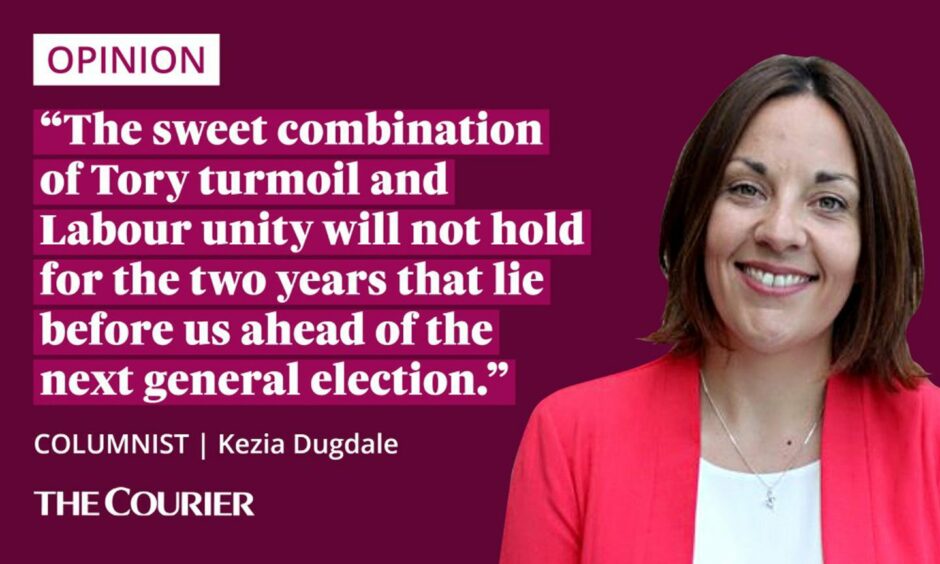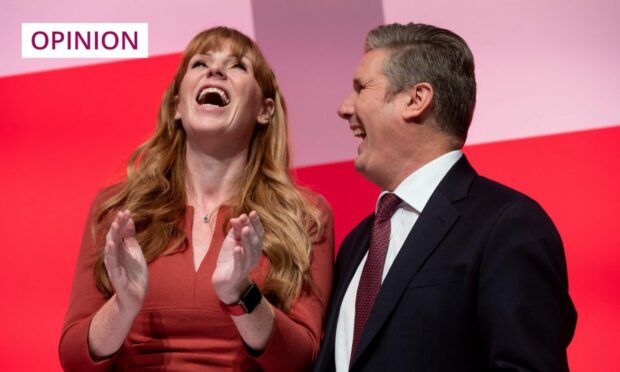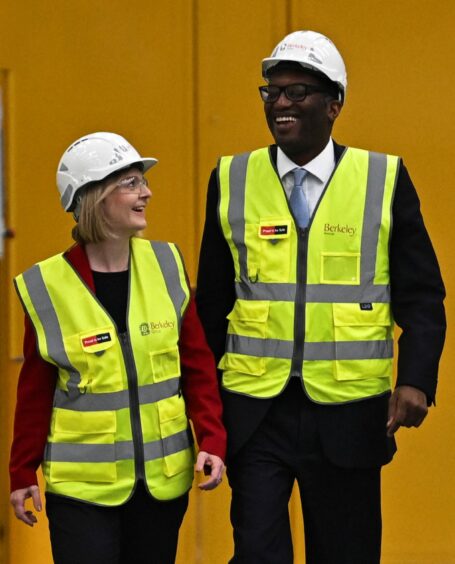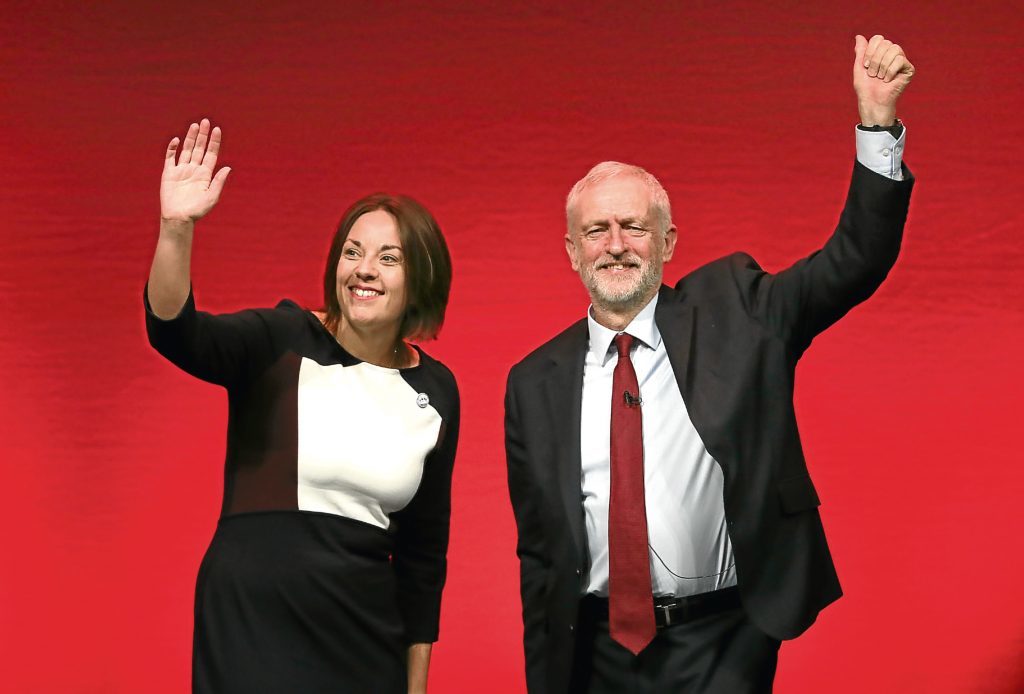Labour Party conference drew to a close yesterday and all the media coverage sparked lots of flashbacks for me from a previous life.
Four days of back to back meetings, fringe events, curled up sandwiches and lukewarm wine in windowless rooms.
It’s a deeply unhealthy environment on so many levels.
Political animals are cooked up together, far from the madding crowds, and often entrenched in conversations with people like them where the most minute differences of opinion can quickly become full blown arguments in the absence of the cold light of day.
I pity the poor folk whose jobs require them to go to not one but all of the party’s political conferences.

Those journalists, lobbyists and campaigners from various charities and NGOs who have just embarked on their six-week journey to pasty skin, weight gain and guaranteed post conference influenza.
The one entity that will emerge healthier as a consequence of this conference season is the Labour party itself.
Keir Starmer’s party has emerged united, landing key messages on economic security and putting many of peoples concerns about the Corbyn era to bed.
Labour Party can no longer bank on Scotland
The 17-point poll lead over the Conservatives announced at the weekend will have boosted morale considerably, even though everyone their knows in their hearts it’s soft as butter.
You’ve got to hope there won’t be many more weeks like the past one which have shown the standing of the pound collapse and a warning from the International Monetary Fund of the type normally reserved for developing countries with non-existent credit ratings.
The sweet combination of Tory turmoil and Labour unity will not hold for the two years that lie before us ahead of the next general election.
That said, Labour needs that sort of poll lead to manifest itself into seats if the party is to have any chance at all of forming the next Government.
All the morale boosting, God Save the King singing, buoyancy that has stemmed from the Liverpool conference can’t mask the reality that Labour needs a swing in its fortunes bigger than the one it achieved in 1997.
Harking back to that period between 1992/1997, Labour could bank on a solid base of seats in Scotland that it no longer has.
It either has to win all those back, or get twice the gains south of the border.
Even if that was plausible, the stratification of UK politics post-Brexit makes the task even harder.
Labour needs different messages and policies to win in the North East of England, where post-industrial towns went from red to blue, than it does in the type of marginal seats it won from the Tories in the South East of England during that totemic Blair era.
Keir Starmer must maintain this momentum
There’s hope that the Liberal Democrats could do some of the work for Labour by taking seats off the Tories in South West of England.
But that leads to the messy territory of coalitions, confidence and supply deals and the perpetual headache that is what we do with the SNP.
Shadow Scottish secretary Ian Murray tells Labour conference there will be "no deals with the SNP. None. No, nay, never. The only deal we want to make is directly with the Scottish people." pic.twitter.com/eyrjEOp2Gp
— Andrew Learmonth (@andrewlearmonth) September 26, 2022
When Labour is within touching distance of power it can focus its time, money and human resources on the 100 seats it needs to win.
At the next election that list will be twice the size and the party will be looking at an 80% success rate just to sneak over the finishing line.
The task ahead of Keir Starmer remains enormous.
He’s come a long away.
And he deserves to pause and celebrate the progress.
But there’s a hell of a way to go yet.













Conversation